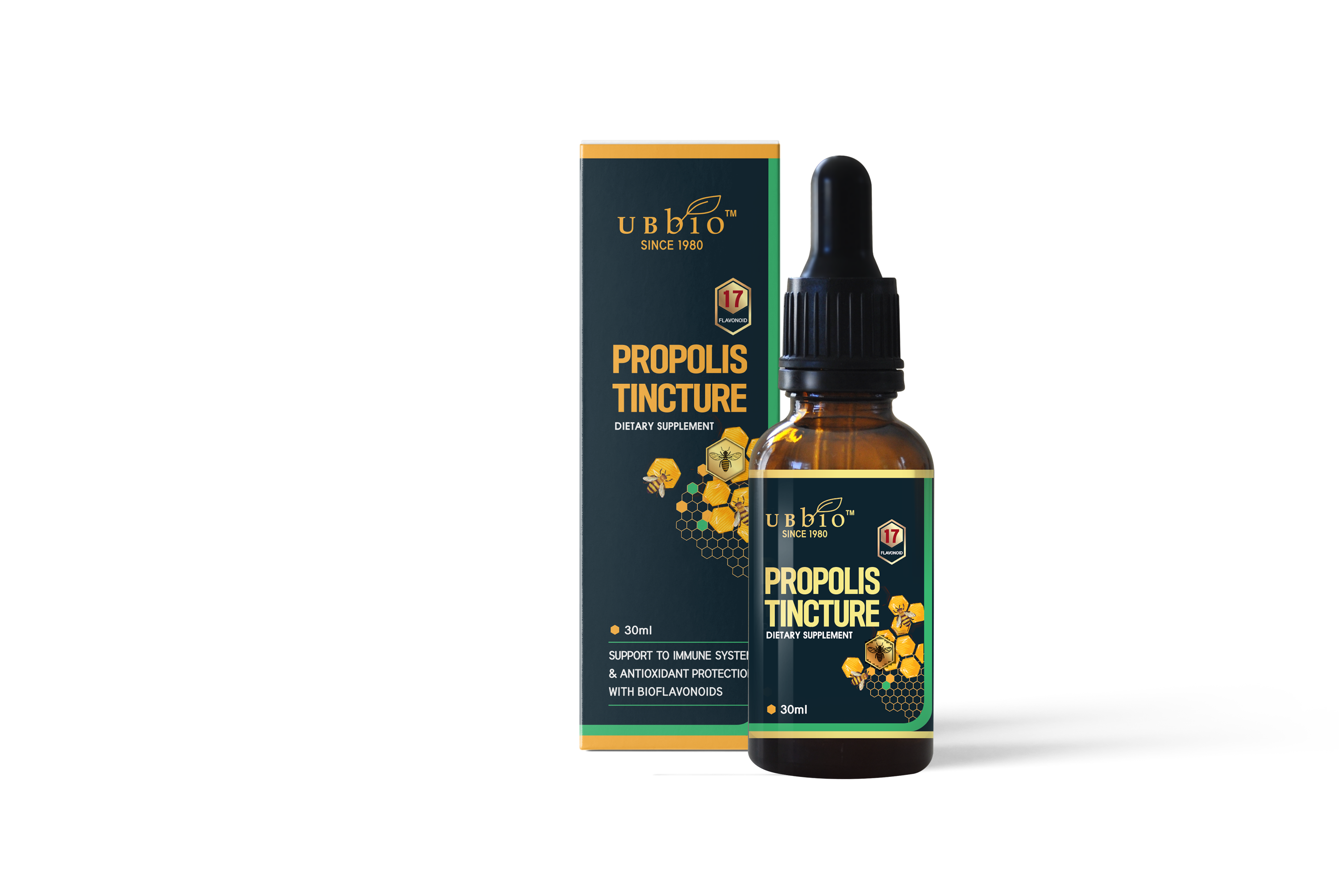
ANTIVIRAL PROPERTIES OF PROPOLIS
Excerpt from research paper:
"Bee Propolis also exhibits antiviral activity, thanks to the presence of flavonoids, caffeic acid, and esters of aromatic acids. The mechanism of action of these compounds consists in blocking the possibility of transmitting viruses to other cells, inhibiting their propagation and destroying the outer envelope of the virus [Marcucci 1995]. The activity of propolis against polio, influenza A and B viruses, retroviruses, and vaccinia virus [Gekker et al. 2005, Shimizu et al. 2008, Búfalo et al. 2009] as well as against HSV-1 and HSV-2 viruses (Herpes Simplex Virus) was observed. HSV-1 replication was attenuated after 24 h, while HSV-2 replicated weaker after 48-hour incubation. A significant decrease in the number of copies of viruses was noted [Yildirim et al. 2016]. HSV-1 activity is attributed to the two components present in propolis, i.e., galangin and chrysin [Schnitzler et al. 2010]."
Click here to read the paper.
Disclaimer: This research paper does not include reference to COVID-19 virus


